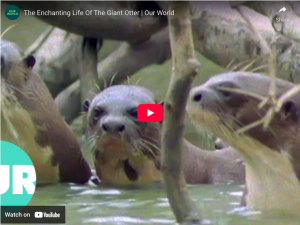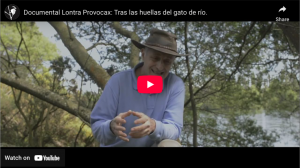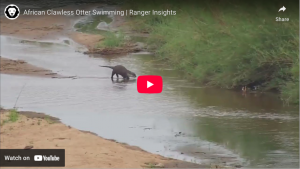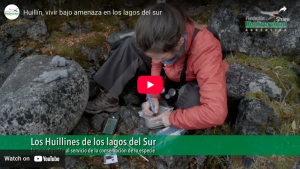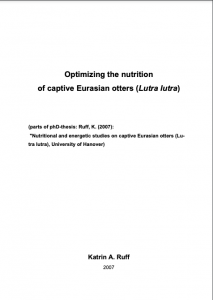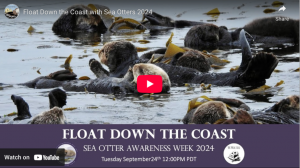Within the last three decades otters recolonized much of its former range in Austria. This recovery is causing serious human wildlife conflicts due to fish predation in fish farms and rivers. The conflicts are currently addressed by strikingly different policies of the Austrian provinces. Regarding the fish farms, the policies range from financial support for mitigation, rewarding the otter presence with financial support and compensation, to culling of otters in traps and by shooting. At rivers three provinces provide the possibility to kill otters, either in large areas or in case study approaches. In another two cases experimental removal of live otters is carried out in order to evaluate management options and to elucidate the impact of otters on trout and grayling, the main fish species of anglers´ interest.
The case of otter management is particularly interesting, as it has to be carried out within the frame of the Fauna Flora Habitat Directive of the EU and the Austrian experiences are of interest for other EU member states facing growing conflicts due to the otter. Some Austrian approaches went beyond national laws and EU regulations and thus have been stopped by court decisions. The policies are embedded in increasing research efforts which are focusing on predator-prey interactions and intensified otter population monitoring techniques. Up to now, no satisfactory otter management strategy has been identified, which would find some consensus amongst fishermen, conservationists and animal rights exponents. However, the Austrian otter case is a good example to learn about pros and cons of the management of a top predator in the European Union.

